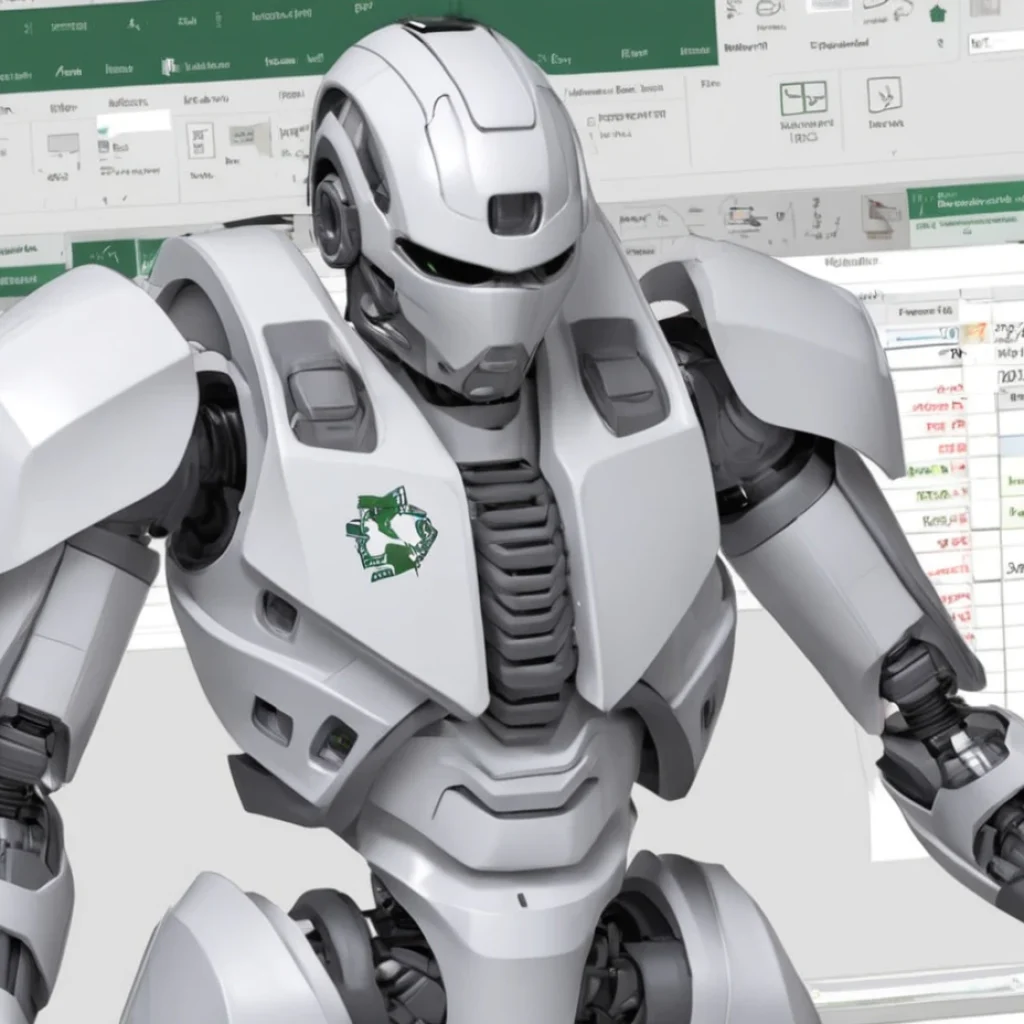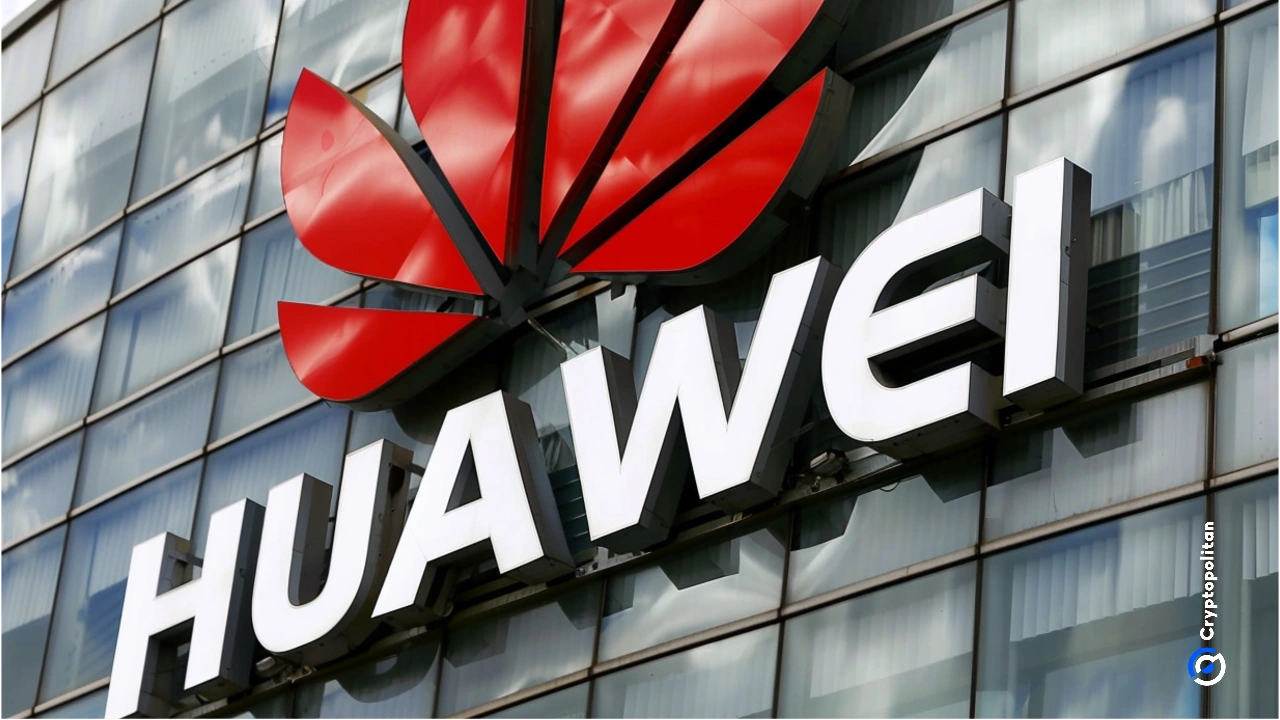The Nordic technology sector in 2023 witnessed a shift in investment trends, diverging from the AI-led growth observed in other European countries. Despite the challenging environment for raising capital, climate technology emerged as the key driver sustaining the Nordic tech industry. This year, Nordic venture capitalists (VCs) markedly preferred climate tech, alongside a growing interest in industrial tech and Web3 initiatives. However, the fundraising scale lagged behind the previous year’s billion-dollar generalist funds, with only a select few surpassing the €100 million mark.
Sweden and Norway spearheaded the green technology wave, demonstrating leadership in sustainable initiatives. Notably, Norway’s battery manufacturer Morrow raised €118 million for its upcoming factory, underlining the region’s commitment to energy storage solutions. Similarly, Iceland’s ocean tech startup Water First secured €90 million, underscoring the diverse focus within the Nordics’ climate tech sector.
Biotech and new ventures in Denmark and Finland
Denmark shone in biotechnology, with startups like Hemab Therapeutics, NMD Pharma, and IO biotech ranking among the top ten Nordic startup investments. Novo Holdings, Europe’s most valuable company and the parent of Ozempic, played a role in this success by investing in these firms. Finland, on the other hand, concentrated on industrial technology, with Finnish VC Kvanted closing its first €70 million fund focused on this sector.
Heartcore announced a new fund dedicated to Web3 technologies, challenging the prevailing notion that Web3 was losing relevance. This move highlights the evolving landscape of technology investments and the importance of adaptability and foresight in venture capital.
Swedish entrepreneurship and legal challenges in Norway
The Swedish tech scene remained vibrant with notable developments including Daniel Ek’s healthtech startup Neko Health. Despite the initial secrecy, Neko Health’s primary care clinic with whole-body diagnostics hardware gained attention, setting the stage for European expansion.
Norway’s EV charging company Easee faced legal hurdles as the Swedish National Electrical Safety Board banned its best-selling EV chargers, prompting a court appeal. The decision affected Easee’s operations, leading to a reduction in its workforce and a critical fundraising effort to prevent insolvency.
Technological breakthroughs and accelerator challenges
Photoncycle, a Norwegian startup, showcased a promising solution for household energy self-sufficiency by storing solar energy more cost-effectively than traditional batteries. Meanwhile, the Swedish branch of the US accelerator Techstars experienced operational challenges, abruptly announcing the closure of its Stockholm program, only to reverse the decision shortly after.
Mergers and adaptations in the face of economic strain
The Nordic grocery delivery sector faced economic pressures, leading to a notable merger between Sweden’s Mathem and Norway’s Oda. This strategic move aimed to strengthen their market position and address logistical challenges.
Klarna, a major player in the fintech sector, successfully navigated through significant losses and employee issues, reporting its first profitable quarter in four years. This turnaround exemplifies the resilience and adaptability required in the ever-evolving tech industry.
Looking ahead to 2024
The Nordic tech scene is expected to continue evolving in 2024, with an emphasis on AI, data center projects, and energy storage initiatives. However, growing tensions between worker unions and scale-ups could challenge the established Swedish model of employee rights and corporate operations. The coming year will likely see further discourse on balancing innovation with traditional labor practices, highlighting the need for harmonious integration of new industries into the established frameworks.





